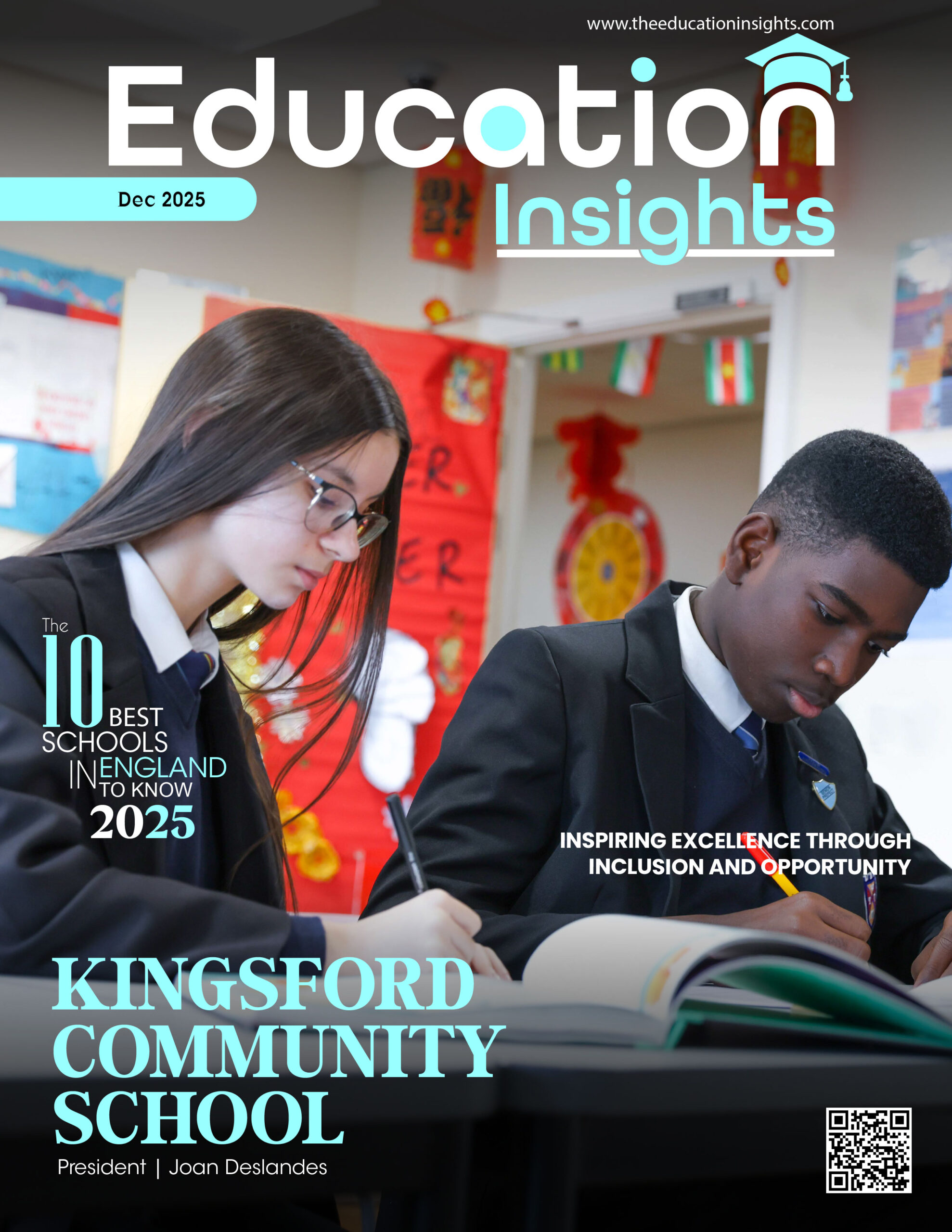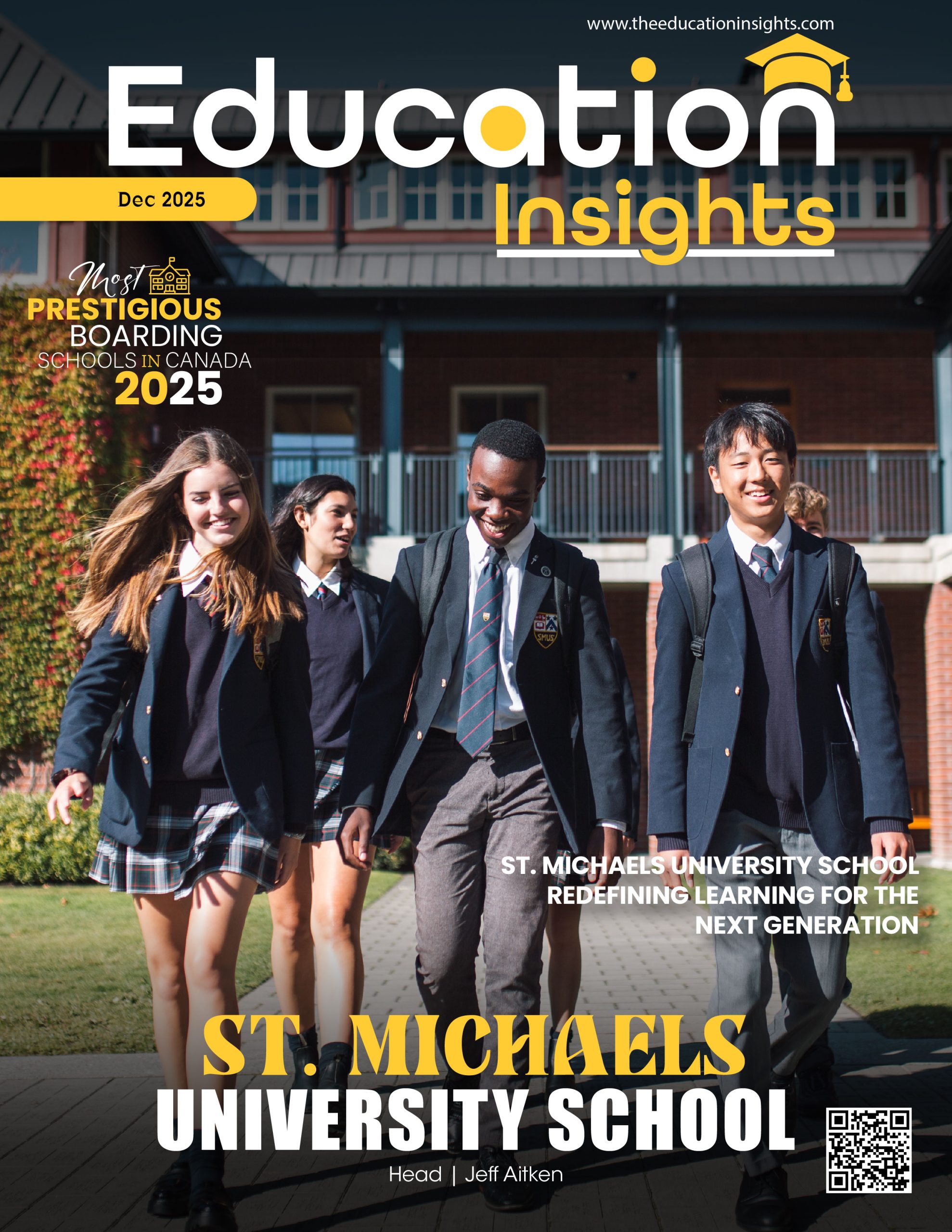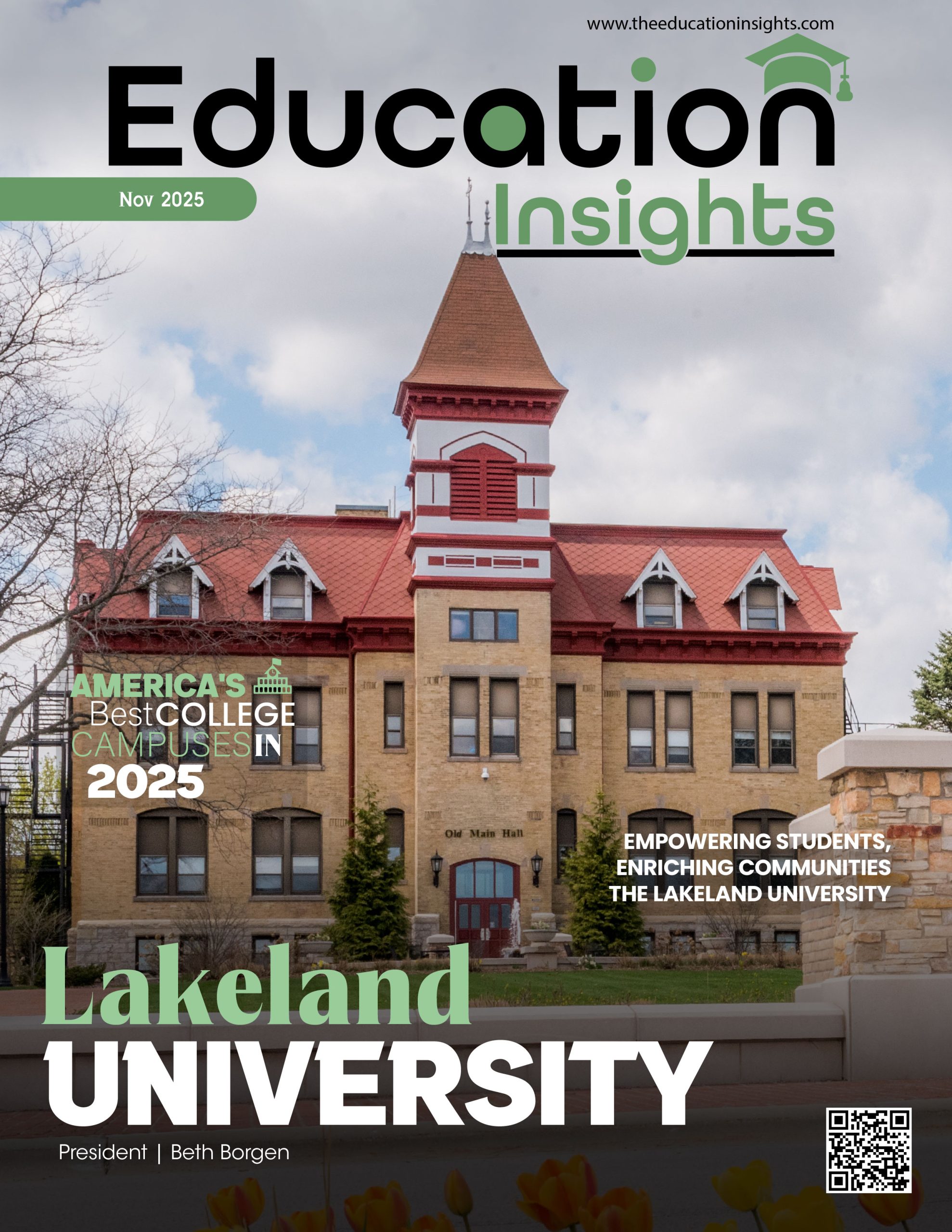Established in 1290, the University of Coimbra (UC), is one of the oldest universities in the world and the oldest in Portugal. Located in the historic city of Coimbra, the university has over 30, 000 students and 4, 000 faculty members and researchers.
Amílcar Falcão, the current Rector of the University of Coimbra, emphasizes, “UC is dedicated to contributing to economic and social development, environmental protection, social justice, and the promotion of citizenship. The institution aims to consolidate knowledge-based sovereignty through research, teaching, and community services.”
Amilcar Falcão: Academic Pursuits and Career Trajectory
Amílcar Falcão earned his degree in Pharmaceutical Sciences in 1989 and completed his Doctorate in 1995. He has been a Full-time Professor since 2007. Falcão served as the Director of the Faculty of Pharmacy from 2010 to 2012 and led the Institute for Interdisciplinary Research from 2013 to 2019. Additionally, he was the Vice-Rector from 2011 to 2019 (Research & Innovation) and has been the Rector of the University of Coimbra since 2019.
With an extensive scientific portfolio that includes over 300 scientific indexed papers and more than 8,500 citations, he has vast experience in supervising research projects. Falcão is frequently invited as a reviewer and serves on the editorial board of several scientific journals. Throughout his career, he has received numerous national and international awards, highlighting the visibility and quality of his work.
Falcão currently serves as the Technical Director of ICNAS Pharma, a company wholly owned by the University of Coimbra. He played an active role in developing and registering the first radiopharmaceutical drug in Portugal (Fluodeoxyglucose [18F] UC). Notably, he also contributed to the development of the first Portuguese drug to be marketed (Eslicarbazepine Acetate, Antiepileptic, Zebinix®) and, more recently, Opicapone (Antiparkinsonian; Ongentys®) [BIAL Laboratories].
A Fine Blend of Rich Heritage with Modern Innovation
The University of Coimbra holds the prestigious distinction of being one of the only five universities worldwide recognized by UNESCO, and the sole institution honored for both its tangible and intangible heritage. This recognition reflects its historical role in promoting the Portuguese language and fostering unity through the centuries. Yet, the University remains deeply committed to its core mission of advancing teaching and science.
With a rich legacy spanning almost 735 years, the University of Coimbra has been a driving force in shaping Portugal’s future in key areas like education, science, innovation, health, and culture. As the country faces the challenges of the digital transition and the quest for sustainability, the university aims to be a leading contributor to Portugal’s development in these crucial domains.
The COVID-19 pandemic has accelerated the digitization of institutions and provided a glimpse of what could become the ‘pandemic of pandemics’-the devastating effects of climate change worldwide. In response, The University of Coimbra implements significant reforms in its circular and fosters a mind shift. The endeavor aims to prepare tomorrow’s leaders to become agents of change in these critical areas, ultimately contributing to a sustainable future.
Unveiling the Power of Technology
Technological development is vital for today’s schools and plays a significant role in shaping those of tomorrow. It not only serves as an educational field but also acts as a driving force behind transformations in knowledge transfer, scientific production, and its social and economic applications. However, technology alone can not guarantee intelligent and humanistic growth; people remain the most important asset. In this changing landscape, the role of the teacher is evolving. Nevertheless, it is still the teacher’s responsibility to stimulate critical thinking that distinguishes truth from pseudo-truth. Ultimately it’s up to teachers to determine the ‘how’ – how to teach, prepare, connect, and evaluate their studies effectively.
Educators must use the technological tools available to them wisely and foster collaborative pedagogical innovation. To achieve this, they need proper training, adequate preparation time, well-equipped classrooms, and access to technology and digital resources. Ultimately, the effectiveness of education hinges on how these resources are utilized. This approach neither rejects nor demonizes ongoing changes but rather prepares students to live responsibly in a world that embraces these developments.
Essential Skills and Competencies for Success
The University of Coimbra aims to gain international recognition as a research university, in which the production of high-quality knowledge influences the educational process and promotes knowledge sharing with society. The university is dedicated to addressing various challenges and contributing to sustainable development. A core commitment of the University of Coimbra is the full integration of sustainable management practices in its operation and resources as well as social responsibility in its actions. This commitment aligns with the United Nations 2030 Agenda for Sustainable Development goals.
Promoting an Inclusive Environment
The University of Coimbra is dedicated to fostering an inclusive environment that upholds the principles of citizenship, equality, and inclusion. The institution promotes active and enlightened citizenship, socially responsible and inclusive, preserving the right to have rights, respecting dignity, equality, and the right to be different. This approach allows everyone to reach their potential, while collaboratively addressing common goals and challenges.
The University of Coimbra assumes itself as a global and inclusive University where citizenship, equality, and inclusiveness are the premises of daily activities and of building the future.
Giving Back to the Community
Social responsibility, human rights, and the fight for equality, access, and equity are of unquestionable importance to the University of Coimbra. These aspects play a fundamental and comprehensive role in the UC, particularly through enhancing social initiatives. The university is committed to ensuring equity and promoting school success, improving the living conditions of the student community, and combating all inequalities.
The Notable Impact of AI
Falcão believes that the rise of artificial intelligence will lead to the disappearance of a significant number of today’s jobs. However, he also emphasizes that these jobs will be replaced by new ones—some that are already familiar and others that are yet to be imagined. This poses a significant challenge: how can higher education institutions anticipate the future needs of the labor market? Falcão stresses that staying confined to offices won’t provide the answers. Universities and colleges cannot function in isolation; they must engage deeply with their surroundings and foster strong connections with local authorities, businesses, inter-municipal communities, competitive clusters, industrial associations, and professional organizations. By collaborating and empowering one another, these institutions can ensure they remain relevant and equipped to provide the tools and knowledge necessary to prepare students for an ever-evolving job market. It’s through this engagement and multi-level collaboration that they can forecast trends, understand industry needs, and shape the workforce of the future.
The Future Outlook
Envisioning the future of the University can be challenging, but Falcão, drawing inspiration from the Olympic motto, hopes to see it become Citius, Altius, Fortius – Communis: faster, higher, stronger – together. He dreams of a university that is supportive, constructive, committed, and resilient.










